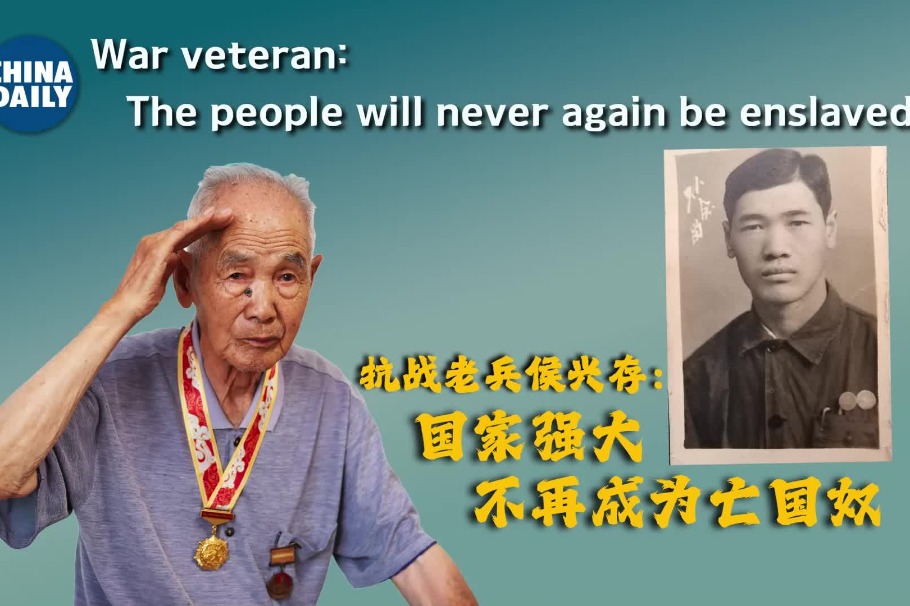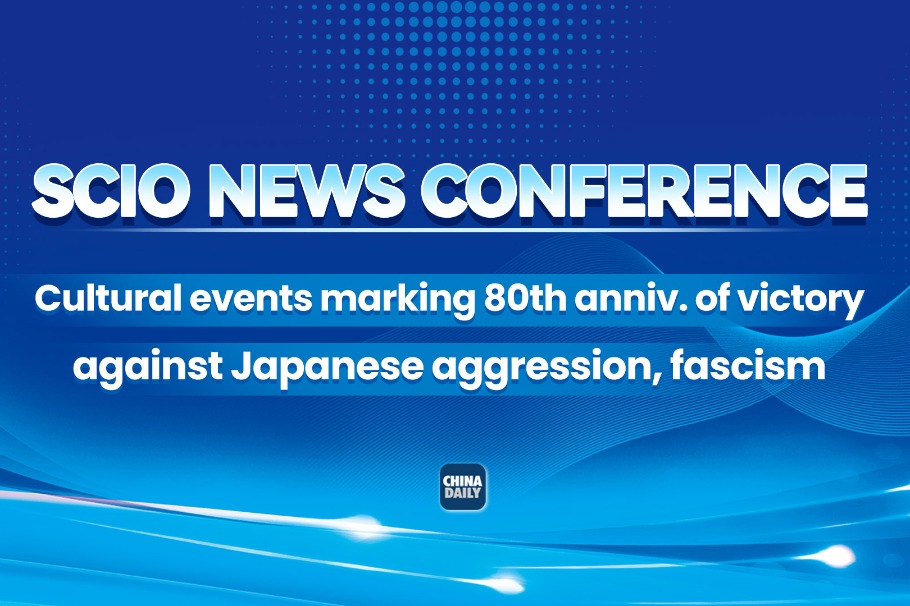Two-way process to understanding


The Chinese must teach the world about themselves, and the world must teach Chinese about itself
Where else in the world, except at the Boao Forum, can representatives from Israel and Iran rub shoulders in the same building and share membership of the same organization?
Yet, despite this and other such feats of unity among major diverse governments and cultures, the Western media largely stayed away from Boao.
The Boao Forum, Asia's answer to the Davos economic summit, was conceived in 1998 by three former prime ministers: Bob Hawke of Australia, Morihiro Hosokawa of Japan, and Fidel Ramos of the Philippines.
In 1999, they visited China to put their idea to the Chinese government. Hu Jintao, then vice-president, approved the concept, and the first Boao meeting took place on Hainan Island in 2001. It has met at the same location every year since.
The 28 members of the Boao Forum make up nearly 40 percent of global GDP, and well over half of the world's population, but the minimal coverage of the event in the Western media suggests that Europe and America's appetite for newsworthy demonstrations of Asian influence may have been sapped by a preoccupation with their own economic and political problems.
Boao provides Asia with a powerful discussion and meeting platform that is not dominated, as the January Davos forum is, by Western countries.
China is the largest member of the Boao Forum, both in terms of population and absolute economic size. But on a GDP per capita basis, China ranks alongside the Caribbean island of St Lucia and Albania, one of the poorest countries in Europe.
Using another measure, the United Nations human development index, China sits alongside Jordan and Turkmenistan, far below the developed economies of Boao members such as Australia, Singapore and Japan.
In spite of its remarkable progress since the end of the 1970s, China is still a poor and relatively undeveloped country. Its economic size and membership of the UN Security Council, coupled with its developing country status qualifies China uniquely as leader of the emerging world.
It is appropriate therefore that the Boao Forum should take place every year in China, and that the Chinese president should give the keynote address. Xi Jinping's speech to the forum on April 7 reflected the theme of the 2013 meeting, which was "Restructuring, Responsibility and Cooperation".
Xi drew attention to Asia's ability to drive world economic growth, and emphasized the need for rethinking old models to bring human development through structural change. Most of all, he emphasized China's desire for peace and China's peaceful intentions.
Clearly, the president wished to send a strong signal to the Asian economies gathered at the forum that China was prepared to go a long way to ensure peaceful cooperation both within Asia and the rest of the world.
The president's address showed that the new Chinese government realizes that China has a global role to play, and that it can no longer concern itself just with matters that only seem to affect China directly. But many, perhaps most, Chinese still feel that China is not ready to stand alongside the United States as a world statesman, to involve itself in affairs in distant countries like Syria. They point to the millions of poor Chinese peasants who still live below the poverty line in provinces such as Gansu and Qinghai, and to the still unbalanced and undeveloped Chinese economy.
A recently published book by a US professor and student of China, David Shambaugh, called China Goes Global -The Partial Power, describes China's new world position, and contrasts it with the difference of opinions inside China about the country's world role. He asks whether China can really play a global role like the US does.
Shambaugh draws attention to the confusion that many Chinese feel when China's position in the world becomes a topic of discussion. They are just not used to China being as important as it is today. Yet China is still growing fast, and so the issue of its place in the world is only going to become more significant.
Clearly, one barrier between Chinese people and foreigners is language. Although Chinese-language classes have become very popular in recent years in Western schools, most foreigners will never learn to speak or write Chinese. It's just too different to their own languages, needing five or more years to reach a skill level that is adequate for everyday conversation and business.
So, China's integration in the world will depend on a new generation of Chinese English-language speakers. There are enough young Chinese students at universities who can speak and write good English to make achievement of this goal a possibility.
Another equally important, but subtly more difficult problem for Chinese people is relating their own culture to Western and other cultures that do not originate from a Chinese core. Here, the remedy is not just a question of language, but of mind-changing education, within which foreign travel, or "seeing for yourself", is an essential part.
Yet go to almost any country in the world, and you will find a settlement of Chinese people whose ancestors left China centuries ago, and who have made themselves comfortable and often wealthy in a strange foreign environment. Chinese culture can travel well, but perhaps it can only travel within Chinese communities who share Chinese ideas and values.
President Xi's speech touches therefore on an essential issue. How will the rest of the world learn to understand China, and China the rest of the world, while most Chinese will never be able to leave their province, let alone their country, and only a relatively small number of foreigners will ever have personal experience of China?
The global hegemonies exercised by previous world powers such as the US, Britain, France, Spain and Rome all happened by way of war and armed conquest, and were maintained to some extent by force.
China will never be able or be allowed to exercise military strength in the way that the British or Romans did. Nor do the Chinese people believe in force as a way of achieving and maintaining their global influence.
China has to find ways of educating the rest of the world about China, and its own people about foreigners. As President Xi said in his speech, without the rest of the world, China cannot grow and develop. It must devote more time and resources to understanding others, and to being understood by others.
But China's global role is not just a problem for the Chinese to deal with. It's equally a vital matter for countries across the world to work at gaining a more complete understanding of China, as well as Asia. So it's worrying that most of the major Western media stayed away from the Boao Forum. They needed to be there.
By 2020, when China's and Asia's global roles have developed even further in importance, it's likely that they will be.
The author is a visiting professor at Guanghua School of Management, Peking University. The views do not necessarily reflect those of China Daily.
(China Daily 04/12/2013 page9)
Today's Top News
- French air traffic strike hits summer travel plans
- European companies call on EU to delay start of AI Act
- Taiwan youth urged for more participation
- China, EU stand ready to strengthen partnership
- Visionary Pathway: A blueprint shaped for the people
- China and the EU seek to build foundation on which to further deepen their relations






























